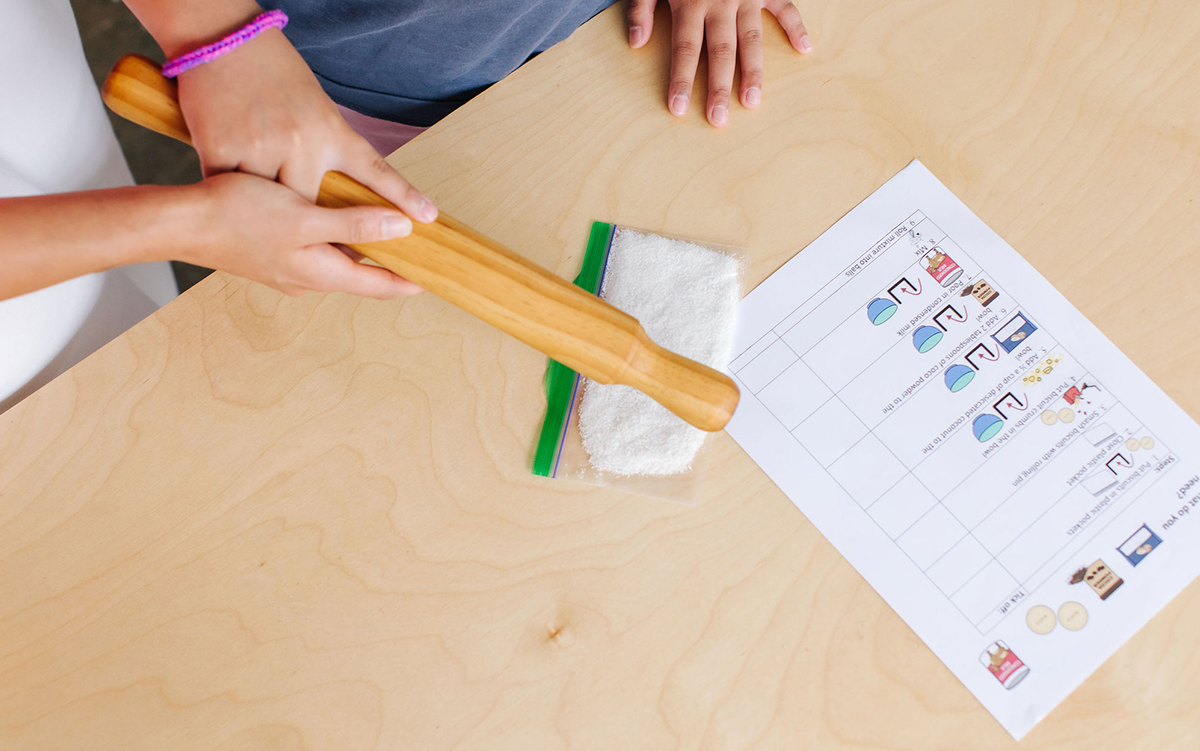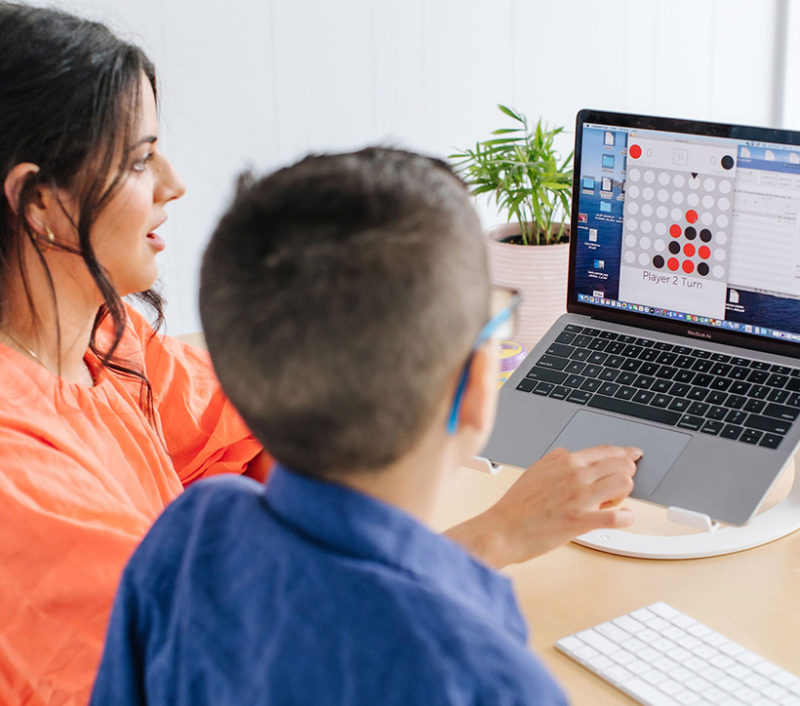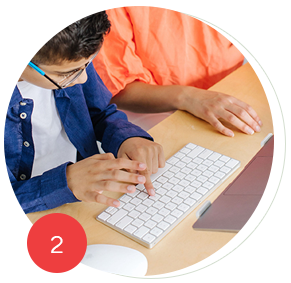
Our approach
Helping people living with a disability to access
the world around them
We’re here to help put the pieces of the
puzzle together
There’s no manual that tells you how to best support someone who is neurodiverse. It can be hard to manage when individuals are behaving in ways you don’t understand, especially when they are unable to communicate WHY or WHAT is causing them to ‘act out’.
We look at the individual and their environment holistically and help put the pieces of the puzzle together. Then we can design new pathways for success that enable them to build confidence, happiness, and independence.
- Do they need transition time between activities?
- Do they refuse to go to school because they hate their shoes/breakfast/schoolbag?
- Are we asking too many things of them at once?
- Do they need a movement break before they can sit in class?
- Do we need to include less or more of something in their regular schedule?
Sometimes it takes a simple change to your strategy to unlock a whole different experience, both for you and the person in your care.

Our approach is designed for real-life outcomes
In clinical OT settings, there’s often a gap between what an individual learns in the room, and how they apply that learning in the outside world. People with perfect handwriting at the clinic suddenly cannot hold a pencil at school. Confident cutlery users have a meltdown when faced with a different looking fork at dinnertime.
We help bridge that gap between the lesson and its real-world application, so individuals can transfer their new skills into everyday activities with less stress.

A holistic approach
We look at the overall picture, taking into account the individual, their environment, and their unique blend of abilities and challenges for a 360° understanding of each situation.

Access to technology
We can modify your existing tech with assistive programs that give the individual greater access to communication, community, and curriculum.

We speak AAC
Our therapists know PODD and Prolo, and can build AAC into each session to communicate with the individual, no matter what their communication style is.
Changing the conversation around triggers & behaviours
Individuals who are neurodiverse are often incorrectly labelled as behavioural, unwilling, or incapable when they simply don’t have access to what they need to successfully navigate the situation. Our therapists look at the whole person to understand the WHY behind their behaviours.
Perhaps the individual is spitting out their risotto dinner not because they’re ‘acting out’, but because they hate rice but they don’t have the language to tell you. Maybe the individual is flapping and jumping not as a refusal to get in the car, but because they just need guidance around managing and integrating their sensory system.
It’s our goal to find out where individuals need support, and to give them access to the tools they need to thrive.
Communication comes first
Individuals without verbal language can often find themselves being misunderstood and overlooked. We know how to integrate a variety of AAC systems (with the support of your speech pathologist) to give them the opportunity to be heard and achieve the best outcomes out of OT. It takes a network of therapists and people to achieve goals and we believe in harnessing that network.
As therapists, it is critical to understand what individuals are communicating so we can understand what they need. It’s also critical to be able to talk with them, so we can explain WHY we’re doing the things we do.
Our therapists are trained in the use of PODD, simPODD and Proloquo2Go to communicate. We can also support the use of technology to integrate AAC and literacy using a range of applications and devices.
There are so many options available to create independence. Give us 10 minutes with your tablet or laptop, and we can open up a whole new world of access!
